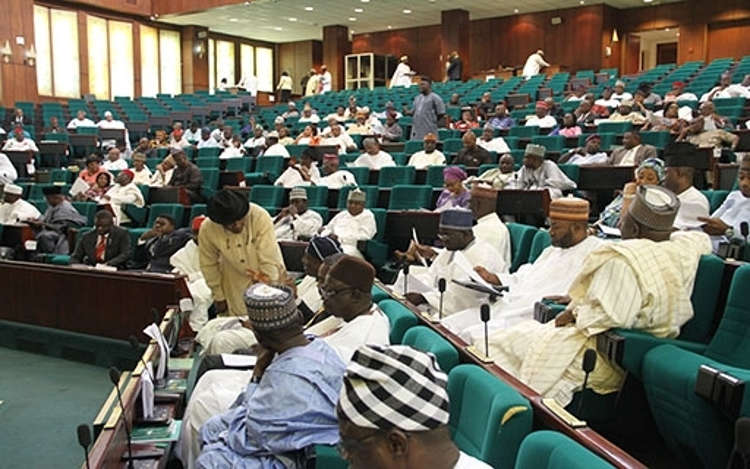A BILL to amend the Electoral Act 2022 to make voting compulsory for Nigerians of voting age has passed second reading in the House of Representatives.
The proposed legislation was sponsored by the Speaker, Tajjudeen Abbas, and Daniel Ago.
Leading the debate during plenary on Thursday, Ago said the bill aimed to encourage citizens’ participation in the electoral process, noting that voter apathy during elections would be addressed if the bill scales legislative scrutiny.
Although the bill passed second reading, a member of the Peoples Democratic Party from Akwa Ibom State, Mark Esset, said enacting a law to make voting compulsory is not enough to sanitise the electoral system.
“Let us not put something on nothing. If citizens have lost confidence in the electoral system, there is a lot of work to be done.
“Many Nigerians do not vote during elections because they believe that their votes will not count. If we must make a law to make voting compulsory, we must also make another one to make their votes count,” he said.
Some lawmakers argued that citizens have lost confidence in the voting system, and also question the authenticity of the voters register.
Similarly, a bill for an Act to amend the Labour Act, to increase the Maternity Leave period of working women to six months has been stepped down in the House of Representatives. Hon Chike Okafor (Okigwe South/Imo/APC) who sponsored the bill was compelled to step it down after lawmakers including women, debated against it.
The lawmakers argued that increasing the maternity leave period from three to six months would put women in a disadvantaged position as employers would be wary of employing them.
Meanwhile, the Senate has passed through second reading a bill seeking to establish the National Agency for Malaria Eradication (NAME) as part of an urgent national effort to combat malaria, a disease responsible for over 184,000 deaths annually in the country.
The bill, sponsored by Senator Ned Munir Nwoko (Delta North), was first introduced on November 28, 2023, but has now been reintroduced with a revised title and a sharpened focus to reflect what the lawmaker described as a national emergency.
Leading the debate, Senator Nwoko referenced the World Health Organization’s 2024 report, which shows that Africa records approximately 600,000 malaria deaths each year, with Nigeria bearing the highest burden globally.
“Malaria is not just a public health issue. It is a structural crisis. It contributes to 11% of maternal mortality in Nigeria and leads to miscarriages, stillbirths and severe anaemia,” he said.
The senator also highlighted the economic cost of malaria, noting how it drains productivity and burdens businesses with avoidable healthcare expenses.
Lawmakers gave huge backing to the bill underscoring the need for a coordinated approach to tacking malaria scourge and procuring vaccines to scale down the high death toll and ensure an institutionalized response to one of the nation’s deadliest diseases.
The bill which scaled second reading has been referred to the Committee on Health to report back in four weeks.







